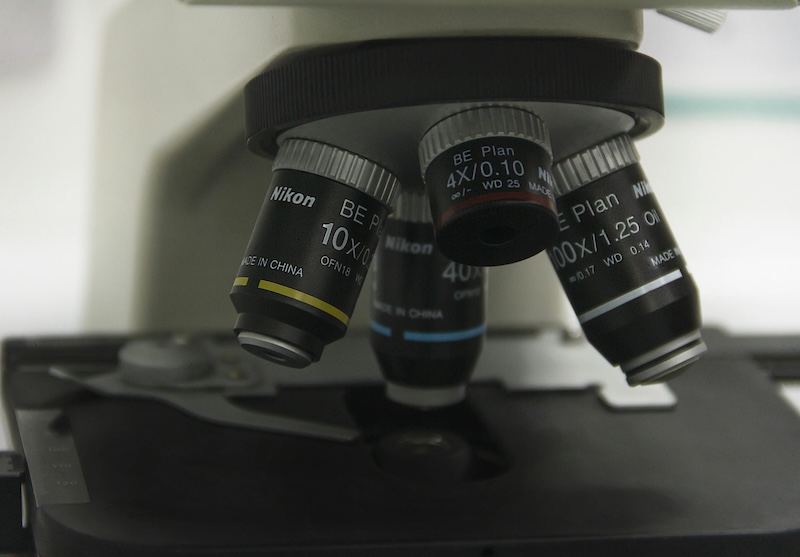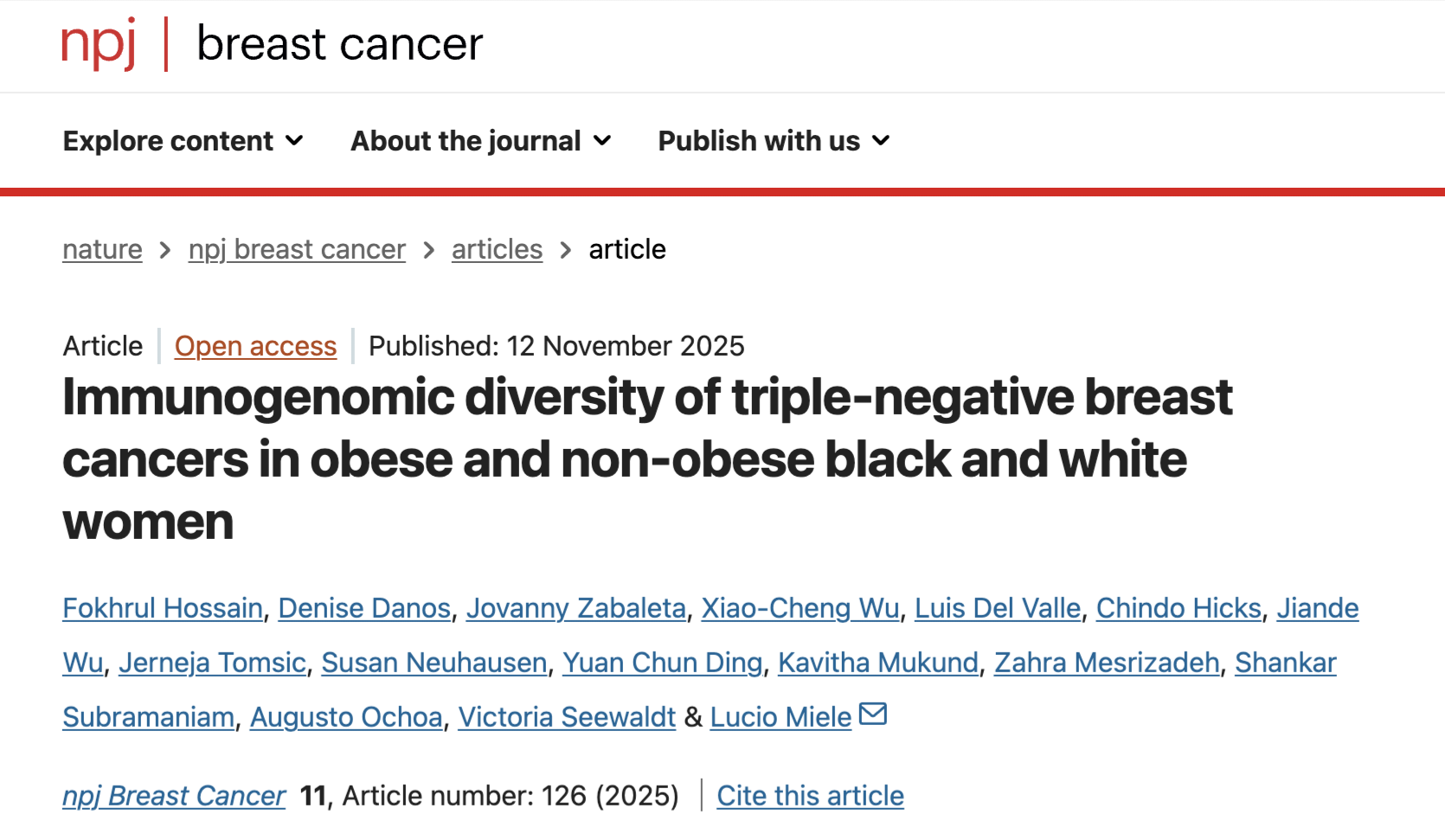
Activating Foods for Better Health
Fruits and vegetables are the mainstays of a healthy diet and cancer prevention but are we reaping all possible benefits from the plant-based foods we eat? Researchers from LCRC member institutions Tulane University School of Medicine and Xavier University of Louisiana are studying the issue as part of a cooperative agreement with the U.S. Department of Agriculture (USDA).
Matthew Burow, PhD, associate professor at the Tulane Cancer Center and a member of the LCRC faculty, is focusing on polyphenols, which are small molecules commonly known as flavonoids. Studies show that diets rich in some of these polyphenols decrease the risks of certain types of cancers.
Dr. Burow and the team are investigating whether “stressing” the plants by changing their environment, will stimulate polyphenols that could prevent cancer or even be useful in the treatment of cancer. The research is part of part of a long-standing collaboration with the USDA lab in New Orleans and Xavier University, strongly supported through recent Congressional appropriations.
“Just like humans animals, plants respond to stress. They respond to changes like excessive heat, water or ultraviolet light by producing more and different kinds of phytochemicals to protect itself,” he explains.
Soybeans, snow peas, chickpeas, legumes and lentils, sugar cane, rice and other grain crops all exhibit these intrinsic responses to stress and produce different compounds. As part of its research, the team is “activating” these foods with various stressors. Dr. Burow believes that these compounds not only have potent antioxidant activity and potentially chemo preventive activity and could regulate things like inflammation, pathways and immune deficiencies.
Dr. Burow emphasizes that there search team is not proposing to genetically alter the food. Instead, food activation seeks to return the food to what it used to be. Today’s agriculture has optimized foods so that it has everything it needs to flourish like fertilizers, irrigation and other highly controlled conditions, he explains.
“By doing so, have we lost something and is there a way to restore those properties by stimulating the food to produce increased concentrations of phytochemicals that may be of health benefit?” he explains.
Dr. Burow is eager to share their findings in hopes of raising awareness and pique the interest of other scientists in an attempt to understand what specific activated foods could be incorporated in a person who is prediabetic or at risk for cancer.
He is a firm believer in the power of collaborations with other researchers as a means of furthering one’s work. “We may all be scientists but we think about things differently. What's been really good about Xavier is they bring a different perspective to the research. Sometimes that's lost when you become very insular.”




